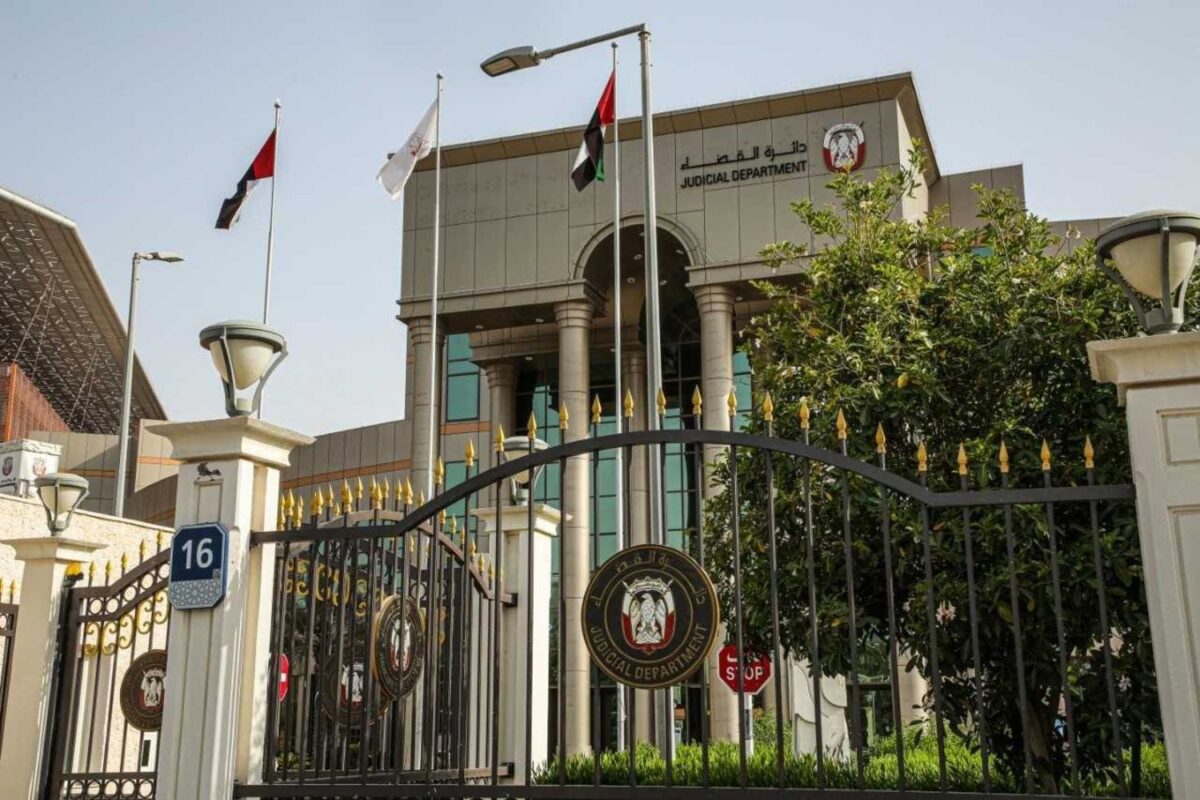The United Arab Emirates (UAE) has invested deeply into portraying itself as a progressive, tolerant and human rights-compliant state. This strategy, however, as in other Gulf Cooperation Council (GCC) countries, clashes with a reality in which activists and dissidents are detained and tried for exercising their rights to freedom of expression and association. The recent unfair trial of 84 people on charges related to the activists’ establishment of an independent advocacy group in 2010 -the Justice and Dignity Committee- is the latest example of that.
The charges were brought against the defendants in December 2023 under the country’s abusive 2014 counterterrorism law and hearings started in March 2024. In a recent publication of Human Rights Watch, details of the trial and the treatment received by the defendants came to light. The conclusion is clear: due process violations and allegations of ill-treatment characterize the process.
The due process concerns refer fundamentally to the fact that Emirati authorities have failed to provide lawyers with free access to case files and basic information about the trial. In this sense, it has been noted that the defendant´s lawyers could not obtain physical or electronic copies of the court documents. Instead, they were only able to view them on a screen in the presence and supervision of security officials and take handwritten notes about them. On top of that, the defendant´s family members have also given voice to a serious concern about the partiality of the presiding judge, who is said to be directing witness testimony by putting sentences in the mouth of the witness.
Furthermore, because of the secrecy surrounding the trial, relatives of the defendants are recurrently denied entry to the courtroom and lawyers are prevented from sharing details of the case with them. Not only that, but basic information about the case, such as all the names of the defendants, is yet to be disclosed by Emirati authorities to the general public. What is known is that Ahmed Mansoor, Nasser bin Ghaith, and Khalaf al-Romaithi, prominent activists and dissidents already serving long prison sentences, are among those on trial. Also, it is accounted that at least 60 of the defendants were already convicted in July 2013 in the UAE94 trial on charges related to the exercise of freedom of expression, association, and assembly, a significant proportion of them arbitrarily held beyond the completion of their sentence. Additionally, one of the UAE94 detainees facing new charges now for “establishing and managing a clandestine terrorist organization (…) known as the ‘Justice and Dignity Committee”, was already convicted for his involvement with the Committee in the past. That indicating that the UAE authorities might be violating the principle of double jeopardy, which prohibits trying people twice for the same offense once they have received the final verdict.
The abusive detention conditions suffered by the defendants represent another area of concern. According to Human Rights Watch, many of them have been kept in incommunicado solitary confinement for at least 10 months. In a similar vein, the judge was told, by one of the accused, that he was held in incommunicado detention for 2 years and that security personnel had assaulted him recurrently. Another defendant asserted that during a week-long solitary confinement, he was kept naked. On the other hand, except for short calls in December 2023 destined to inform family members of the new case against their relatives, defendants weren´t able to receive phone calls or family visits for a period ranging from 10 months to a year.
Once the judicial process started, the appalling detention conditions included physical assaults, lack of access to medical care and prescribed medications, persistent loud music during periods of rest and sleep, and forced nudity.
This new mass trial, which in the words of the deputy Middle East and North Africa director at Human Rights Watch “seems nothing more that a shameless pretext to keep these men behind bars”, constitutes another bump in the UAE´s road to improving its human rights disheartening record. The European Centre for Democracy and Human Rights urges the Emirati authorities to investigate the alleged abusive conditions and to put an end to the abuses suffered by human rights activists in the country.





